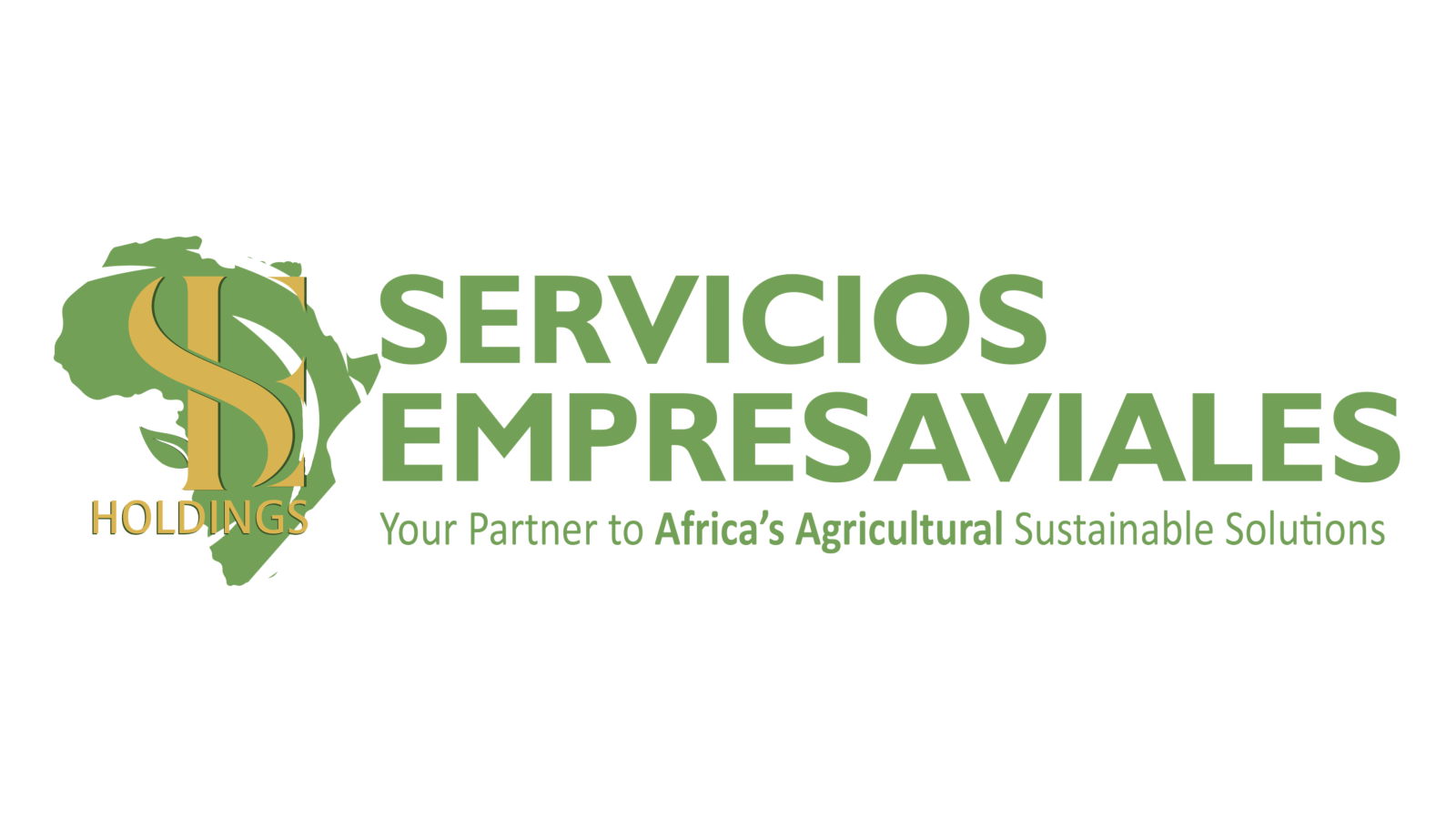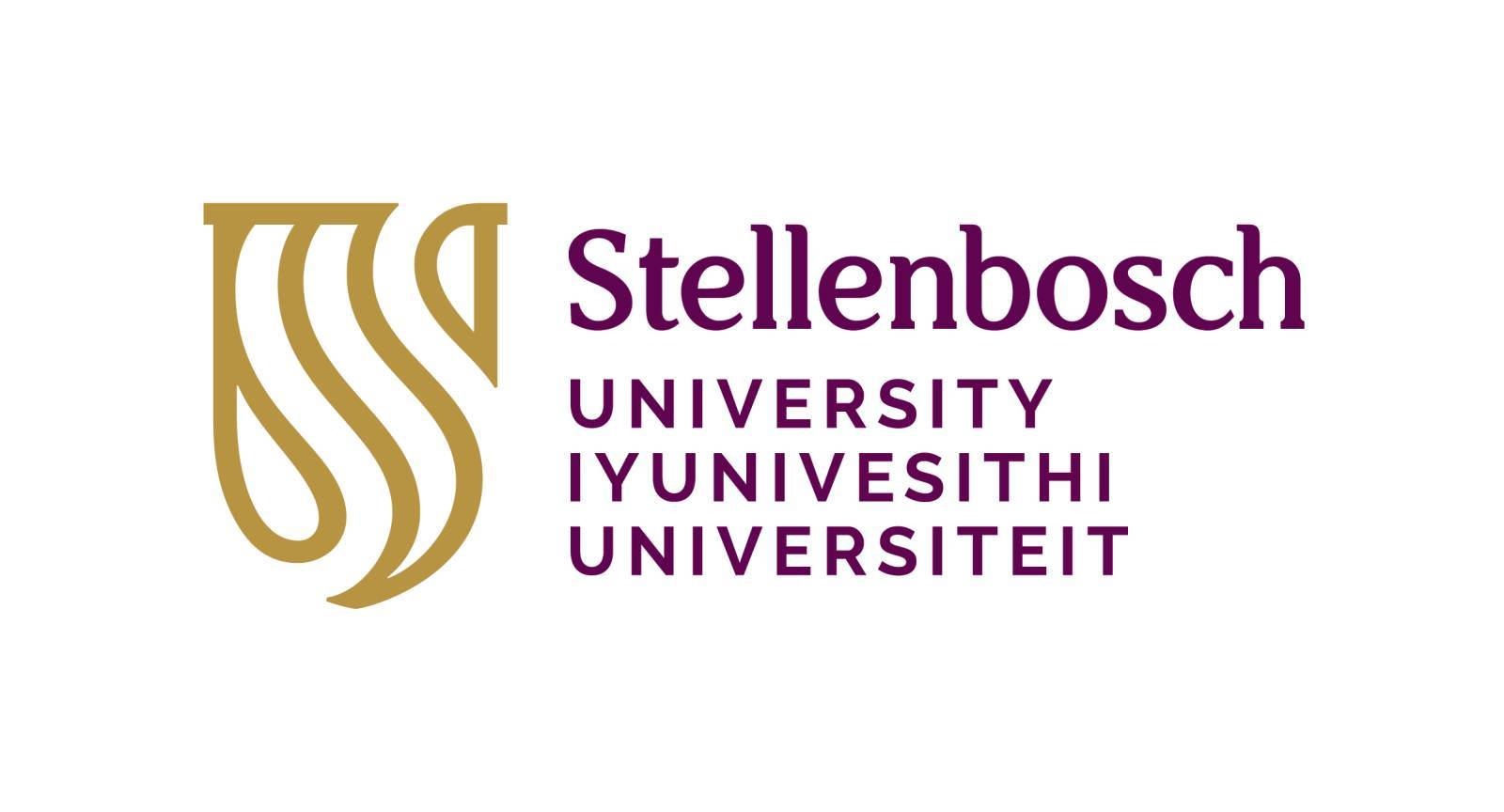This year marks 26 years since the Mail & Guardian launched its Greening the Future awards to recognise and honour South Africa’s environmental champions.
Those first annual awards in 1998 were “aimed at recognising these new trends and rewarding those companies, organisations and individuals who, by investing in the environment, are investing in our future”, the M&G’s former editor, Sipho Kings, wrote in 2020.
“Our awards would therefore be a way of encouraging this progress, of celebrating those who wake up every day and work to make this country a better, more sustainable place.”
This year is no different. As you will read in the pages of this supplement, the tireless and innovative efforts that our cohort of winners have mounted to help tackle climate change, to protect the natural world and to clean up pollution, among other initiatives, gives us hope for a healthier and more sustainable future.
Humanity is confronting a triple planetary crisis — climate change, biodiversity loss and pollution — on a global scale, and South Africa, along with the rest of the continent, is no exception.
In recent weeks, multiple critical environmental negotiations have taken place, including the United Nations Convention on Biological Diversity (COP16) in Colombia and COP29 in Azerbaijan. The outcomes of both COPs have been criticised for falling far short of what is required to tackle the interconnected crises of climate change, biodiversity loss and pollution.
This week, the fifth and final round of negotiations to develop an internationally legally binding treaty on plastic pollution got under way in Busan, South Korea, amid fears it could follow a similarly disappointing trajectory.
In South Africa, urgent environmental problems are compounded by long-standing social and economic issues such as poverty, inequality, unemployment and violence.
The alarming effects of climate change, including rising temperatures and extreme weather events, pose significant threats to water and food security, as well as to health, infrastructure, human settlements and ecosystem services. The country’s low-income and marginalised people are the most severely affected.
The loss of South Africa’s natural capital also has serious consequences for both society and the economy. The country’s ecosystems provide essential services such as clean water and air, crop pollination, soil protection, medicinal plants and food, according to the Convention on Biological Diversity.
They also support cultural, spiritual and recreational needs. Industries such as eco-tourism, fishing, wildlife ranching, farming and horticulture rely heavily on these natural services.
Widespread and harmful pollution from mining, coal-fired power plants, landfills, pesticides and other sources has polluted the air, land and waterways we depend on. For years, the government has shamefully allowed untreated sewage to contaminate our rivers and oceans, as well even in the streets of many residential areas.
Our Constitution is lauded for enshrining the right to an environment that does not harm people’s health or well-being. It took 25 years for the United Nations General Assembly to globally acknowledge the vital importance of the right to a clean, healthy, and sustainable environment.
South Africa has strong environmental legislation, including the recently introduced Climate Change Act, but the challenge lies in its implementation. Non-compliance is common, and environmental laws are poorly enforced.
Meaningful transformation is most often driven by the people on the ground. As one of our winners in the water and oceans initiatives category said last year: “If you change nothing, nothing will change.”
This year’s inspiring winners continue to show how small steps can make a difference that can lead to big, bold changes. — Sheree Bega, senior environment reporter, Mail & Guardian























